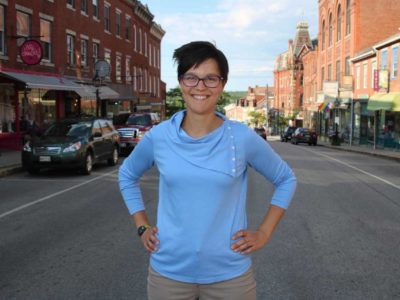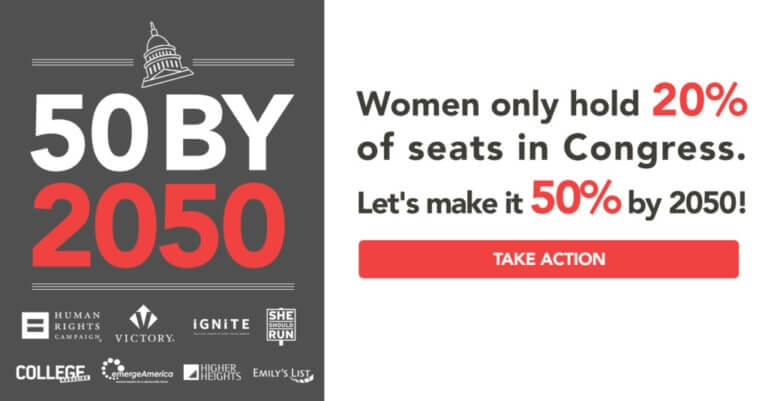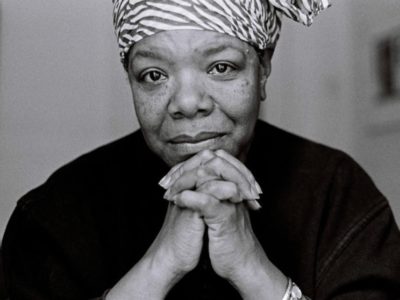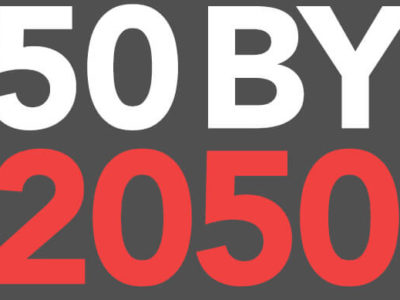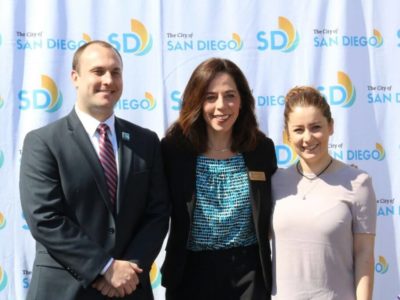Samantha Paradis breaks barriers on every front. Young queer women can look to her as a powerful role model serving her local community on the East Coast. Samantha Paradis is the youngest and first LGBTQ mayor of Belfast, Maine. At age 26, she devotes her time to listening to the people of her city. She personally knocked on over 2,000 doors during her campaign. That only started her path to making change.
From healthcare to climate change, Samantha Paradis wants every voice to have a seat at the table.
CAREER TIMELINE
2012 – Graduated the University of Maine with a B.S. in Nursing and B.A. in Psychology
2016 – Graduated from the University of New England with a Master’s in Public Health
2017 – Began Master’s of Science in Nursing with family nurse practitioner focus
2017 – Elected the Mayor of Belfast, Maine
Q&A WITH POWERFUL WOMAN LEADER SAMANTHA PARADIS
Q: At College Magazine we’re working together with EMILY’s List, Emerge America, Human Rights Campaign, Higher Heights, She Should Run, Running Start, Victory Fund and IGNITE on an initiative to fight for equal representation in congress called “50 by 2050.” What are your thoughts on the goal of achieving 50% of women in Congress by 2050?
A: It’s amazing. It would change our country. I think it would change our culture. Women are better problem solvers. Women are trusted leaders and generally more collaborative and willing to work together to reach a common goal.
Q: What inspired you to run for public office at such a young age?
A: When I was doing my undergrad at the University of Maine I participated in “Maine New Leadership,” a program that started at Rutgers University through their Center of American Women and Politics program, and it’s a week long residential training that has gone on to other universities. It gives college women the chance to learn about policy and the importance of women at the table. So I participated in that. Going into it not knowing much, my knowledge was expanded. Once I saw women were not at the table, I couldn’t not see it. I’ve been thinking about what that means for me personally but also our community and our culture in general. Learning about who is at the table really matters.
Q: How did you get started and develop a platform on which you could build a campaign?
A: I completed a Master’s in Public Health and learned about health in all policies where every policy affects the health of the community. As a registered nurse I worked in critical care and saw what we can do in the very acute sense of when people are very, very ill and the majority of what I saw was it can be prevented. I was at the bottom of this cliff catching people as they were falling off.
What I wanted to do was be more proactive. Looking at preventative health, that starts with local and state policy. I just wanted to bring my nurse and public health perspective to the table and that inspired to me to run, then do the training with Emerge America. I thought I would just run for city council because the representation of city council is five men and one woman and all were above the age of 55. One of my classmates said, “Why don’t you run for mayor?” And of course it was another one of those things I couldn’t unthink. I said, “Yeah, why shouldn’t I run for mayor?”
Q: What new ideas do you hope to bring to your community?
A: My campaign slogan was, “I believe everyone deserves a seat at the table,” so I knocked on 2,500 doors. There are only 6,000 residents in the city. I talked about health in all policies but also specific issues that are pertinent here such as housing, property taxes, economic development through broadband access and climate change, specifically renewable energy. My platform is guided by the people I met at the doors.
Q: Did you face specific challenges as a person in the LGBTQ community and as a woman while running for office?
A: We recently started a Pride Weekend a few years ago and on a couple of occasions I was met with comments from residents who did not want to see Pride in Belfast. They thought it was flaunting in the street and not something they wanted here.
Toward the end of the campaign, I was having a good conversation with a voter about the issues most important to them and I asked, “Can I count on your vote?” And he said, “I’m still not sure.” I responded, “Are there other questions I can answer so that you feel more confident in voting for me?” His response was, “Are you a lesbian?” My response was “Yes, I’m queer.” I went on to discuss the importance of my identity, but he wasn’t listening. It was really tough. I had to take the rest of the day off from knocking on doors.
Q: Over the last few months in particular, we’ve seen more women running for office and getting involved in that process. How do you feel that will end up shaping the political sphere in this country?
A: I think this will change the world. Women bring a unique voice to the table that hasn’t been heard. Right now is a time in history where we’re standing up and saying, “It’s time to be heard.” There’s this concept of being seen but not heard. We need to stand up and demand a seat at the table. I spoke at the Women’s March in Maine and the remarks that I gave were, “We owe it to our grandmothers to demand a seat the table.”
Q: What issues do you find are most pertinent to take on in this new administration and how are you working to help combat those issues?
A: I’m personally most concerned with climate change and the effects this administration will have on forward progress related to EPA budget cuts, off-shore drilling and our progress with solar and wind. I’m a member of a mayors coalition of 11 mayors in Maine on economic and workforce development. What I’ve brought to the table is that we need to pay attention to everything related to renewable energy and climate change. I also started discussions here with local citizens to create a citizens initiative in Belfast.
HOW TO BE A POWERFUL WOMAN LEADER
1. Volunteer on a local campaign
“One of the challenges with my campaign was finding people to help drive me to doors. And it’s really important for women to have drivers to doors because of safety and it saves time. That experience of getting to know a candidate and what moves them is an inspiration and you see the workings of what it takes,” said Paradis. “I didn’t volunteer until a couple of years ago and I had no idea what it entailed.”
2. Get involved with student organizations
“Don’t be intimidated. Any involvement is important. I started working with a nursing association called the Alliance of Nurses for Healthy Environments. Professional student associations college women are involved in are great resources to become politically active. Reaching out to those organization asking how they can contribute to you and saying you can offer XYZ is really important.”
HOW TO CONTACT SAMANTHA PARADIS
Connect with her on LinkedIn
Send her mail at:
131 Church St
Belfast, Maine 04915

